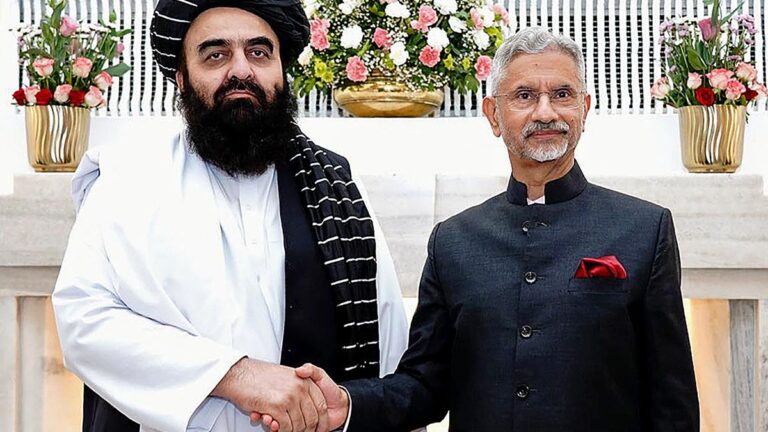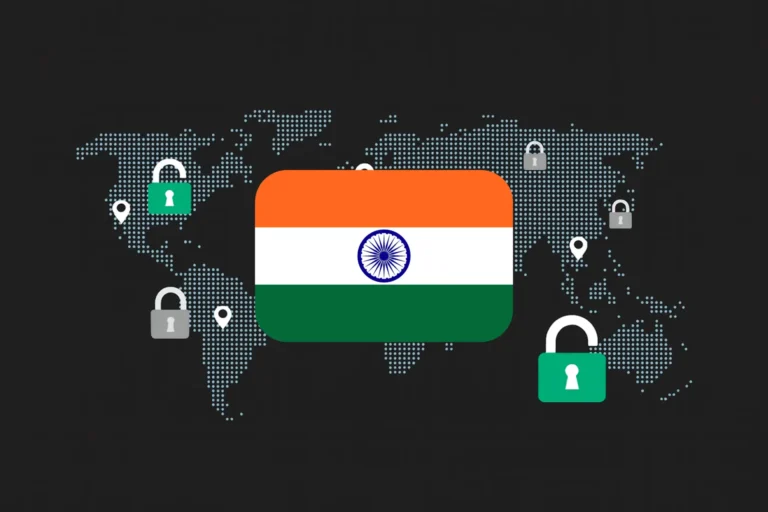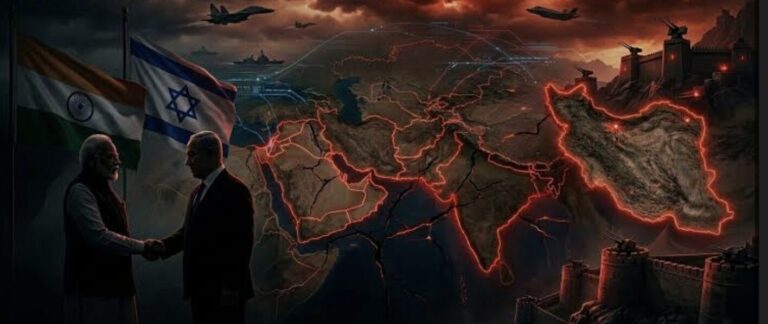Gen Z and Tech Transform Indonesia’s Trade

Indonesia is undergoing a significant transformation in its economic landscape, driven by both external pressures and internal innovation. At the heart of this evolution lies the urgent need to adapt to shifting global trade dynamics, which have been impacted by mounting geopolitical tensions and trade wars. As the world grows more interconnected, Indonesia must not only weather the turbulence of international conflicts but also position itself to thrive in the emerging digital economy.
Trade tensions among global superpowers, particularly between long-established economies, have disrupted traditional supply chains and challenged the predictability of international commerce. For a developing nation like Indonesia, this presents both a threat and an opportunity. The threat stems from a potential overdependence on certain markets or commodities, while the opportunity lies in reassessing trade strategies and diversifying export portfolios. To ensure long-term resilience, Indonesia must strengthen its economic foundations by reducing reliance on traditional sectors and embracing innovation-led growth.
One of the most influential forces reshaping Indonesia’s trade prospects is the digital revolution. Digital platforms have dramatically changed how goods and services are exchanged, creating an environment where even small businesses can access international markets. E-commerce, cloud computing, digital payment systems, and logistics automation are no longer niche tools, they are essential infrastructure for trade competitiveness. These innovations have reduced barriers to entry for startups and micro, small, and medium enterprises (MSMEs), which make up a large portion of Indonesia’s economic base. Through digital marketplaces, these businesses can reach consumers across the globe, often at lower costs than through traditional channels.
This transformation is heavily influenced by Generation Z, a demographic cohort that is inherently comfortable with technology and deeply interconnected with global trends. In Indonesia, this generation is not only a growing consumer base but also a rising force in the workforce and entrepreneurial landscape. Their expectations for seamless digital experiences are prompting businesses to rethink product development, marketing strategies, and service delivery. By focusing on the values, habits, and digital fluency of Generation Z, companies are beginning to create offerings that appeal to a tech-savvy, globally aware audience.
Nevertheless, the road to a fully integrated digital trade ecosystem is far from smooth. There are fundamental challenges that must be addressed to realize the full potential of this transformation. Digital infrastructure, though rapidly improving, remains uneven across the country. Many rural and remote areas still lack reliable internet connectivity, limiting the reach of digital solutions. In addition, data privacy, cybersecurity, and digital literacy remain pressing concerns. Without robust frameworks to protect user data and ensure secure transactions, trust in digital commerce may falter.
Equally important is the need for regulatory alignment with global standards. As Indonesian businesses venture into international markets, they must comply with a variety of trade laws, data regulations, and certification requirements. A clear, consistent, and forward-looking regulatory environment will help businesses navigate these complexities and reduce friction in cross-border trade. Encouragingly, the government has recognized these needs and is working to modernize legal frameworks, streamline export procedures, and foster innovation through targeted investments and public-private partnerships.
Indonesia’s geographic location gives it an inherent advantage in becoming a trade hub for the Indo-Pacific region. Its commitment to maintaining an open and independent foreign policy allows it to engage in multiple regional and global trade partnerships without being bound to any one geopolitical bloc. By expanding its participation in trade agreements and deepening ties with both established and emerging markets, Indonesia can mitigate external risks and create a more balanced trade profile. This kind of diversification is crucial in today’s unpredictable geopolitical climate.
At the core of these efforts is a shared responsibility among the government, business leaders, and civil society. Promoting digital education, supporting startups, and encouraging research and development will foster a culture of innovation. Infrastructure investment, both digital and physical, must remain a national priority to close regional disparities and improve trade logistics. Through inclusive policies that empower all stakeholders, Indonesia can build an ecosystem where innovation and trade growth go hand in hand.
Indonesia stands on the cusp of a new era in trade and development. The convergence of digital transformation, a rising Gen Z demographic, and shifting global dynamics presents an unprecedented opportunity. By embracing this moment with strategic planning, policy innovation, and investment in human capital, Indonesia can redefine its role in the global economy, not as a passive participant, but as an active and influential player in shaping the future of international trade.







